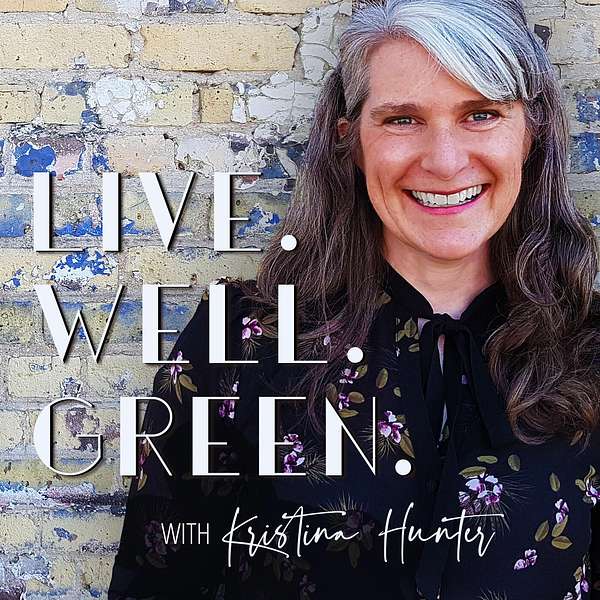
Live. Well. Green.
Live. Well. Green.
Episode 02: Exploring the Environmental Ethos
Use Left/Right to seek, Home/End to jump to start or end. Hold shift to jump forward or backward.
In this episode, we take a deep dive into the rationales out there for degrading our environment and think about some of the theories around conservation and environmental ethics. People have diverse beliefs about our relationship with the natural world, from believing that exploitation is our right to treating all living beings as equals and living with an understanding of our profound connectedness with our environment. Joining in the conversation, you will hear about the convictions that drive people to either care for or cause damage to the environment, and why commonly-held resources such as water, air, and land often get polluted or overgrazed.
We also weigh up the pros and cons of certain conservation strategies, including leveraging peer pressure, privatizing property, penalizing polluters, and advocating all the personal benefits of going greener. We also cover some of the historical figures who have contributed to our changing perspective on natural resources as well as the prominent theories and movements and the particular aspects of conservation they each focus on. At the end of this episode, you will also know more about your own understanding and whether you have an anthropocentric, biocentric, or eco-centric approach to the environment.
Key Points From This Episode:
- How the degradation of our environment happens and why raising awareness is not enough.
- The need for a new system to replace the destructive one we wish to deter people from.
- Degrading the environment as a result of underestimating its value.
- Underestimating the value of nature and viewing exploitation as a right and obligation.
- “The Tragedy of the Commons” principle and how it pertains to all commonly-held resources.
- Changing societal values by appealing to people’s conscience and promoting altruism.
- How the privatization of resources could encourage conservation.
- Concerns about the “polluter pays” approach to managing public resources.
- Collective restraint and other helpful ways to change behavior on a social level.
- Emphasizing the benefits of preserving natural resources and making eco-friendly choices.
- Comparing anthropocentric, biocentric, and eco-centric approaches to the environment.
- The Seven Grandfather Teachings in the North American indigenous culture.
- How reverence for the natural world emerges in cultures and religions around the world.
- Aldo Leopold, his life as a forester, and the encounter that shaped his philosophy.
- The principles of deep ecology, including that we humans are inseparable from nature.
- Ecofeminism and the problem of approaching nature from a patriarchal perspective.
- The historical event that saw the intersection between civil rights and environmental rights.
Quotables:
“Overall we know that more people and more impact per person equals more pressure on the planet.” — Kristina Hunter [0:01:33]
“All too often, the fines involved in ‘polluter pays’ systems are just far too low, and that means that sometimes companies just say, ‘Well, that’s a cost of doing business, I’ll pay the fine.’” — Kristina Hunter [0:09:09]
Links Mentioned in Today’s Episode: